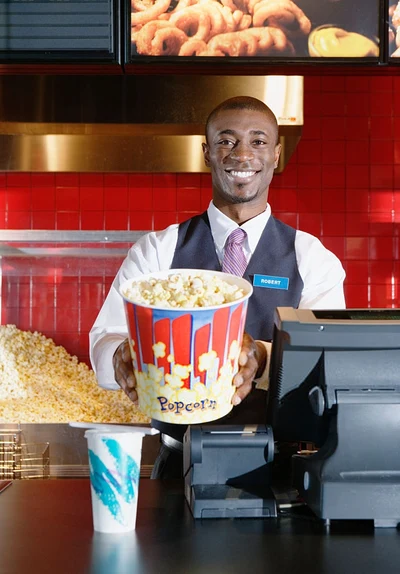I'm sure most of you are aware of or have seen at least one version of Blade Runner. Some of you might not be aware that there are at least five different versions of the film that range from minimal to dramatic differences in tone and pacing, for instance, the theatrical release contains a voiceover dub from the perspective of replicant hunter Deckard, while many of the subsequent cuts do not.
Since the film's initial release, there has always been an argument among fans as to whether or not Deckard is himself a replicant, provided memories (much like the character of Rachael), and sent to hunt his kind. There were always minor ambiguities that could reasonably lead a person to consider this as a possibility, though in the initial theatrical cut, as well as most of the other releases over the years, it's only ever vague conjecture.
About a decade ago, Ridley Scott released the "Final Cut" of the film, which incorporated stock footage from an entirely different film of a unicorn, and the way this footage is cut implies that Deckard dreams of this unicorn regularly. Later, the character Gaff, another detective and minor antagonist of Deckard, places an origami unicorn in Deckard's apartment. The implication clearly being that Gaff somehow has knowledge of Deckard's dreams, which could only be the case if he were briefed on the memories that make up Deckard's "programming". When asked about the possibility of whether Deckard is a replicant, Scott enthusiastically agreed, stating that this was ALWAYS his intention, much to the confused headshaking of every other member of the cast and writing team.
Honestly, if you consider Deckard as a replicant for even a moment, the entire philosophical POINT of the film is ruined. We NEED Deckard to be human because his lack of emotion and "humanity" at the beginning of the film is exactly what he is taught to appreciate by the "andy" Roy who saves him in the end of the film. Essentially, Roy becomes "a real life boy" by choosing to save Deckard, truly becoming "more human than human" (it's not just a company slogan; IT'S THE POINT OF THE FILM). If we don't have that interesting component of empathy and grief and loss that Roy, an android struggles with and eventually achieves, and if we also don't have the re-awakening of Deckard's own humanity, his renewed appreciation for life and its impermanence, we don't have a fricking movie.
God I (sometimes) hate Ridley Scott.









Jump in the discussion.
No email address required.
So part of the confusion is that multiple people involved in the development have had different opinions as to whether or not he is human or not, and that bled into the various versions and movies. Scott's interpretation was that Deckard was a replicant, but Ford and the producer thought he was human. As you noted, this influenced the production of the Final Cut, which is the only version Scott had full control over. I would say that 2049 does not come down on either side of the debate, and I would say that the ambiguity is also part of the theme; K asks Deckard if the dog is real, he answers "Ask him."
Jump in the discussion.
No email address required.
Really interesting observation
Jump in the discussion.
No email address required.
I adore Blade Runner. The core theme of BR is "What does it mean to be human", but on a more fundamental level, where the original had the deeper theme of human experience being valuable even if artificial ("All those moments will be lost like tears in rain"), 2049 had the deeper theme of certain actions and convictions being fundamentally human. Contrast Luv working for Wallace because she believes loyalty makes her real vs K saving Deckard and taking him to his daughter because he believes self sacrifice makes him real - Both are correct.
Jump in the discussion.
No email address required.
More options
Context
More options
Context
More options
Context